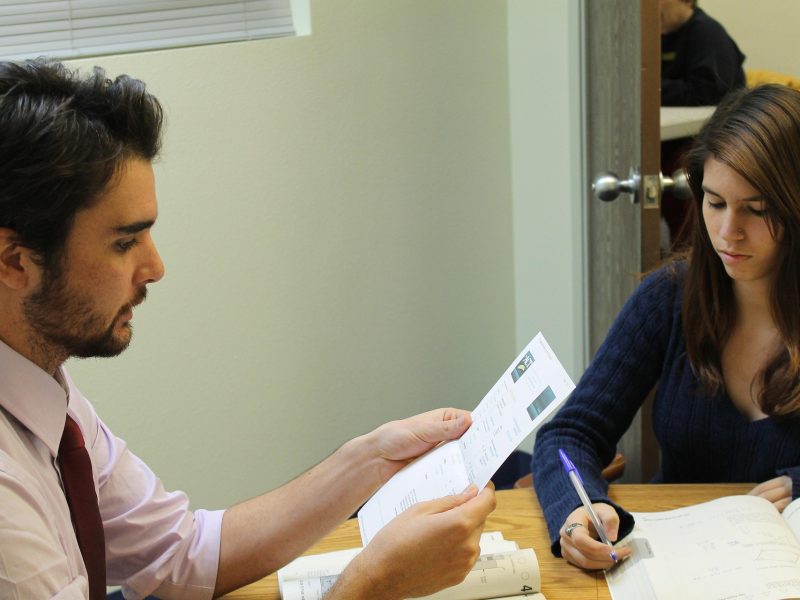Friendships formed during adolescence can be profoundly influential, shaping identities and providing crucial support. While meaningful connections can blossom in any school setting, there is something uniquely intense and enduring about the bonds forged within the walls of a boarding school. Ask alumni about their experience, and tales of lifelong friendships inevitably emerge – stories of roommates who became like siblings, teammates who pushed each other to succeed, and classmates who shared formative moments day in and day out.
What is it about the boarding school community that cultivates such deep and lasting connections? For parents considering this path, understanding the nature of these relationships is vital. For teachers working within this environment, recognizing the dynamics of student bonding is key to fostering a positive community. This post delves into the unique ecosystem of boarding school, exploring how its immersive nature, shared experiences, and close-knit structure create fertile ground for friendships that often stand the test of time.
The Power of Immersion: Living and Learning Together 24/7
The most fundamental difference between boarding school and other educational models (compare Boarding School vs. Day School) is the sheer amount of time students spend together. Unlike day students who disperse after classes, boarders share nearly every aspect of their daily lives – meals in the dining hall, late-night study sessions in the common room, weekend activities, dorm life routines, and navigating the highs and lows of adolescence away from home. This constant, 24/7 immersion creates a unique social dynamic where relationships develop rapidly and deeply.
As highlighted in reflections like the Medium article by Wilbraham & Monson Academy, living together accelerates the bonding process. Students see each other not just in the classroom but in moments of vulnerability, triumph, stress, and relaxation. They learn each other’s habits, share inside jokes born from daily proximity, and develop a level of familiarity often compared to that of family. This shared existence, stripped of the usual buffers of home life, necessitates communication, compromise, and mutual reliance, laying a strong foundation for genuine connection.
Forged in Fire: Shared Challenges and Triumphs
Boarding school life, while rewarding, comes with its own set of challenges. Students navigate demanding academic schedules, intense extracurricular commitments, the initial pangs of homesickness, and the general pressures of adolescence, all while living away from their primary support system. Facing these hurdles together creates powerful bonds. Whether it’s collectively cramming for a difficult exam, supporting a teammate after a tough loss, comforting a roommate feeling down, or celebrating a successful performance or acceptance letter, these shared experiences forge a unique camaraderie.
Overcoming adversity as a group builds resilience and deepens mutual respect and understanding. Students learn to rely on each other for support, encouragement, and perspective. They become each other’s confidantes, cheerleaders, and sounding boards. This shared journey through significant formative experiences creates a collective memory and a sense of solidarity that often binds boarding school friends together long after they leave campus.
Diversity as a Catalyst for Connection
Many boarding schools pride themselves on attracting students from diverse backgrounds – geographically, culturally, socioeconomically, and ethnically. While navigating these differences can present initial challenges, living together in a close-knit community ultimately fosters understanding, empathy, and broader perspectives. Students learn to communicate across cultural divides, appreciate different viewpoints, and find common ground despite their varied upbringings.
This diversity within the boarding school community (explore The Global Classroom: Diversity and Cultural Exchange) enriches the social landscape and strengthens the friendships formed. Relationships are built not just on shared interests but also on mutual respect and curiosity about different ways of life. Students learn invaluable lessons about global citizenship and cross-cultural communication simply by living alongside peers from around the world. These experiences broaden their horizons and often lead to friendships that transcend geographical boundaries, creating personal global networks.
The Heart of the Community: Residential Life
Dorm life is central to the boarding school social experience and a primary incubator for friendships. Living in close quarters, often sharing rooms, requires students to learn negotiation, compromise, and respect for personal space. Dorm parents or resident advisors play a crucial role in fostering a positive, supportive, and inclusive atmosphere within each residential hall.
Residential life programs typically include structured activities designed to build community within the dorm – floor meetings, shared chores, weekend outings, study breaks with snacks, and informal hangouts in common areas. These shared spaces and routines create countless opportunities for spontaneous interaction and bonding. The dorm often becomes a “home away from home,” and the relationships formed within its walls – with roommates, hall mates, and dorm parents – are frequently among the most significant and lasting connections students make.
Beyond Peers: The Role of Faculty and Staff
The boarding school community extends beyond the student body. Faculty members, coaches, and advisors often play a significant role in the social and emotional lives of students, contributing to the overall sense of belonging. Many educators live on campus, sometimes even within the dorms, making them highly accessible for academic help, mentorship (see The Importance of Mentorship), or simply a friendly chat.
These adults act as role models and provide crucial support, especially for students navigating challenges away from home. Their involvement in extracurricular activities, weekend supervision, and informal campus life allows for relationships to develop beyond the traditional teacher-student dynamic. This network of supportive adults reinforces the community feel and provides students with additional resources and connections, further strengthening the social fabric of the school and contributing indirectly to the supportive environment where friendships flourish.
Shared Identity: Traditions and Rituals
Boarding schools often have rich histories steeped in unique traditions, rituals, and annual events. These shared experiences – whether it’s participating in spirited house competitions, attending formal seated meals, celebrating long-standing school holidays, cheering together at athletic events, or engaging in community service days – create a powerful sense of collective identity and belonging.
These boarding school traditions provide common touchstones and create lasting memories that bind students together across different grades and social groups. Participating in these rituals reinforces shared values and strengthens the feeling of being part of something larger than oneself. This shared identity contributes significantly to the feeling of community and provides common ground upon which friendships are built and maintained over time.
The Enduring Network: Friendships Beyond Graduation
The intensity of the boarding school experience often means that friendships formed there endure long after graduation. Alumni frequently speak of their boarding school connections as some of the strongest and most reliable in their lives. These shared formative experiences create a unique understanding and a lasting bond that transcends time and distance.
Many boarding schools have active alumni networks that facilitate continued connection through events, online platforms, and regional chapters. These networks provide not only personal support but also valuable professional connections. The friend made in a dorm room or on the playing field might later become a business partner, a professional mentor, or simply a lifelong confidante who truly understands a significant part of one’s past. This potential for lifelong friendships and networks is one of the most frequently cited intangible benefits of the boarding school experience.
Conclusion: A Community That Fosters Lifelong Bonds
The unique community of boarding school provides an exceptionally fertile ground for the development of deep and lasting friendships. The constant immersion of living together 24/7, the intensity of navigating shared challenges and celebrating triumphs, the exposure to diverse perspectives, the structure of residential life, the involvement of supportive faculty, and the power of shared traditions all contribute to an environment where connections run deep.
For parents, understanding this dynamic can provide reassurance that their child will find a supportive network and build meaningful relationships while away from home. For educators, actively fostering this positive community spirit is essential to the school’s mission. The lifelong friendships forged at boarding school are not merely a byproduct of the experience; they are a core part of its value, shaping individuals and providing a lasting source of support, connection, and shared history.












